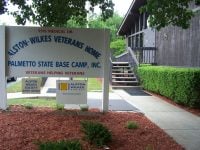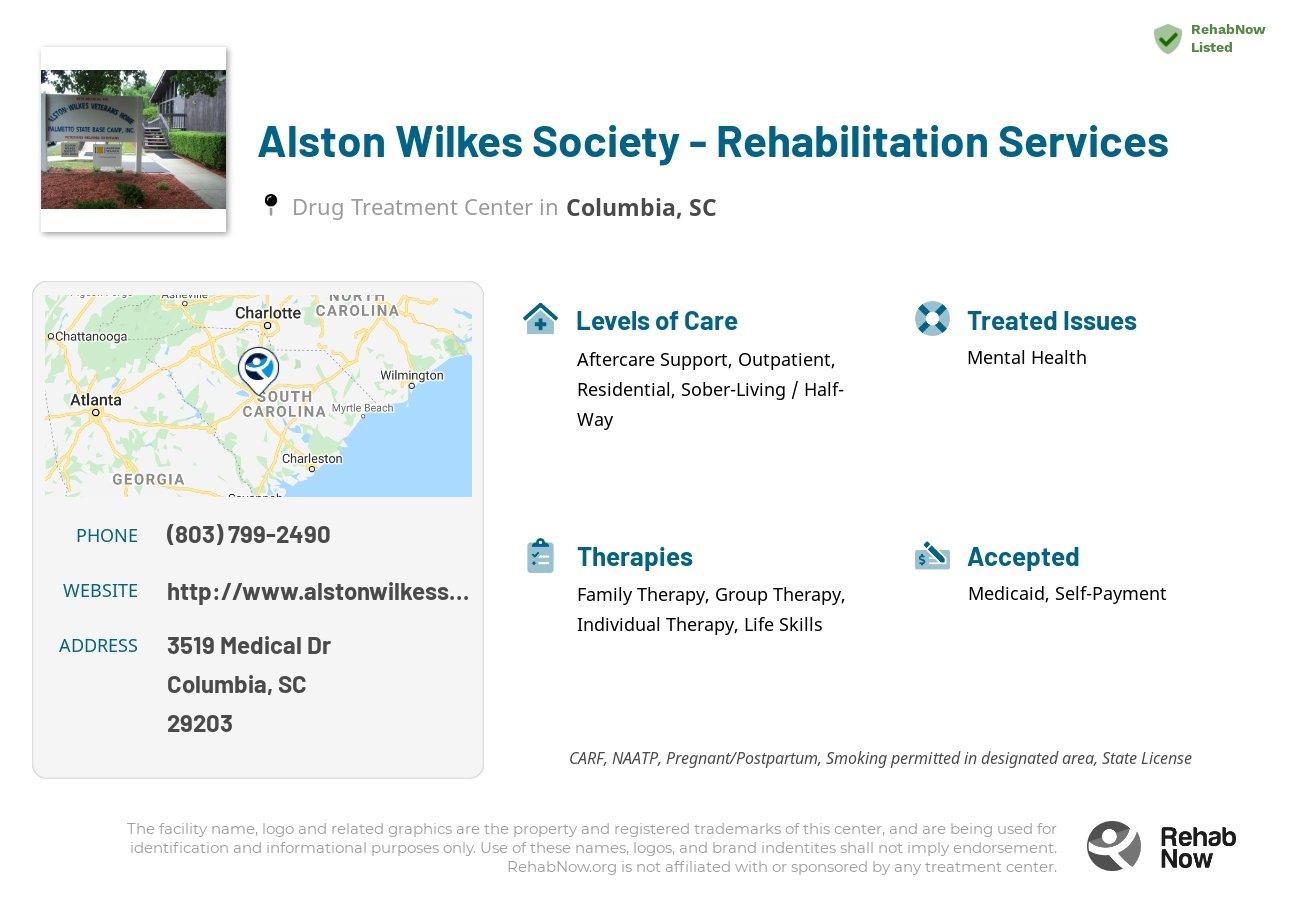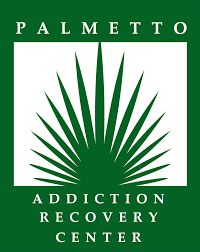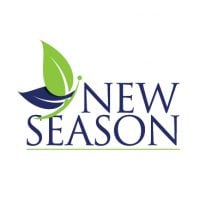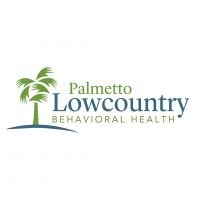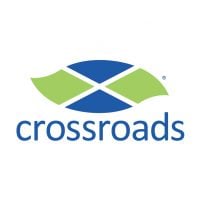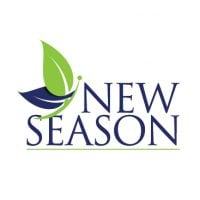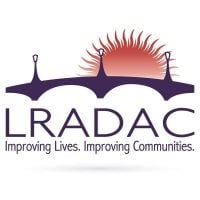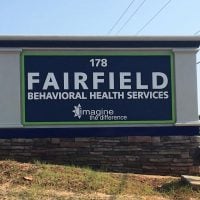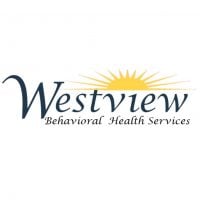Alston Wilkes Society - Rehabilitation Services
Drug Rehab Center in Columbia, South Carolina
Alston Wilkes Society in Columbia, South Carolina offers tailored rehabilitation services for substance abuse, mental health, and related issues using evidence-based practices like therapy, counseling, and peer support.
About This South Carolina Facility
The Alston Wilkes Society - Rehabilitation Services located in Columbia, South Carolina provides comprehensive rehabilitation services to individuals seeking help with substance abuse, mental health, and other related issues. Their services are specifically tailored to create a personalized recovery plan for each person. They use evidence-based practices like cognitive behavioral therapy, addiction counseling, family therapy, and relapse prevention to help individuals achieve and maintain sobriety.
Alston Wilkes Society - Rehabilitation Services offers a variety of services designed to help individuals overcome their addiction and learn how to manage their substance use. They provide education on addiction and recovery, teach life skills to help individuals manage stress and triggers, and provide individual and group counseling. They also offer peer support through group meetings, alumni services to help individuals stay connected, and community involvement to help individuals build a strong network of support.
Alston Wilkes Society - Rehabilitation Services has accreditation from the Commission on Accreditation of Rehabilitation Facilities (CARF), and is licensed by the South Carolina Department of Alcohol and Other Drug Abuse Services. Additionally, they are a recipient of the Governor’s Award for Excellence in Community Service and have been designated an exemplary provider by the South Carolina Center for Substance Abuse services. This facility also offers an aftercare program, which provides individuals with additional support and resources to help them stay on the path of recovery.
Genders
Ages
Modality
Additional
Conditions and Issues Treated
Levels of Care Offered at Alston Wilkes Society - Rehabilitation Services
This center offers a variety of custom treatment tailored to individual recovery. Currently available are Aftercare Support, Outpatient, Residential, Sober-Living / Half-Way, with additional therapies available as listed below.
An outpatient treatment program is set up to help with alcohol or drug addiction or a co-occurring disorder. The patient must attend the facility for their therapy and other programs but can return home each night.
The frequency of mandatory attendance decreases after much of Alston Wilkes Society - Rehabilitation Services‘s program is complete.
Outpatient treatment is a recovery approach that allows recovering addicts to live at home while getting rehab for addiction
An outpatient can include day treatments which include attending group sessions one hour per week. A person living in an outpatient environment may be allowed the opportunity to work full time if they choose to and continue studies without interruption from drugs/alcohol.
Outpatient treatment is an option for people who want to maintain their careers and families. Outpatients live at home but attend treatment such as individual counseling, group counseling, or twelve-step meetings during the day.
Sober Living Homes are used in drug rehab to help former addicts maintain sobriety. The residents are provided with a safe and supportive environment to learn how to live a sober life. They also provide them with opportunities for exercise, many of which encourage learning coping mechanisms that will be helpful later on.
Residential treatment programs are those that offer housing and meals in addition to substance abuse treatment. Rehab facilities that offer residential treatment allow patients to focus solely on recovery, in an environment totally separate from their lives. Some rehab centers specialize in short-term residential treatment (a few days to a week or two), while others solely provide treatment on a long-term basis (several weeks to months). Some offer both, and tailor treatment to the patient’s individual requirements.
Aftercare support is vital to the success of someone in drug or alcohol treatment. It involves assisting with entering a sober living home, getting career counseling or educational assistance and even getting the individual lined up with programs like AA and NA. This support helps recovering addicts readjust to normal day-to-day activities and maintain sobriety.
When a person is in drug or alcohol treatment, they have to increase their focus on themselves. They need to learn how to recognize the triggers that cause them to relapse and learn the habits that would benefit them if they were to be sober. This is all part of the growth in recovery, and aftercare is essential to that process.
Therapies & Programs
At Alston Wilkes Society - Rehabilitation Services , to learn from past mistakes and improve one’s situation, the recovering person meets individually with a therapist. The counselor or therapist will address addiction causes, triggers, mental issues, dual diagnosis, and aftercare plans during this time. This is a very intense and challenging process. Some clients find it easier to open up to someone other than family or friends who understand their struggles with addiction.
Family therapy is a crucial part of drug treatment and getting sober. It is one of the most effective ways to help addicts stay on the path to long-term sobriety. An addict’s family can play a vital part in helping them to avoid relapse. They can spot the warning signs and help them get back on track.
In group therapy, recovering addicts meet with a therapist and other people in recovery. Some groups are closed, meaning only people who share the same addiction or problem can attend. Others are open to anyone who wants to stop using drugs or drinking alcohol. Group therapy sessions typically focus on one topic each week or month so that recovering addicts can discuss issues they face daily.
Drug and alcohol addiction can lead to a breakdown in life skills. Learning certain life skills can help those who are struggling with addiction. Life skills training at Alston Wilkes Society - Rehabilitation Services in Columbia, SC teaches patients skills such as time management, budgeting, and social abilities to improve their quality of life and prevent relapse.
An addict’s life skills are maladaptive, meaning they are counterproductive. An addict may have learned poor time management skills growing up, have a hard time budgeting money, or be socially awkward. An addict’s poor life skills can lead to relapse and the inability to achieve long-term sobriety. Life skills training teaches patients effective coping mechanisms, which can help them live a clean and sober life.
Payment Options Accepted
For specific insurance or payment methods please contact us.
Additional Details
Specifics, location, and helpful extra information.
Columbia, South Carolina 29203 Phone Number(803) 799-2490 Meta DetailsUpdated November 25, 2023
Staff Verified
Patient Reviews
There are no reviews yet. Be the first one to write one.
Columbia, South Carolina Addiction Information
More than 610,000 of South Carolina residents, or a staggering 11.9% of the state population, uses illicit drugs and another 230,000 residents abuse alcohol every year. A majority of the illegal drugs used and abused are opioids. Marijuana use and underage drinking occur amongst the young residents of this state–though at a lower rate compared to the national average.
In Columbia, South Carolina, drug addiction is a major issue. An estimated 9.4 percent of people in Columbia abuse drugs. Additionally, Columbia has a higher rate of overdose deaths than the national average. The most commonly abused drugs are cocaine, methamphetamine, heroin, and prescription opioids. There are a variety of drug rehab centers in Columbia, South Carolina. The most common types of treatment are inpatient and outpatient.
Treatment in Nearby Cities
- Ruby, SC (69.3 mi.)
- Swansea, SC (20.6 mi.)
- Seneca, SC (118.4 mi.)
- Hilton Head Island, SC (126.6 mi.)
- Dillon, SC (98.9 mi.)
Centers near Alston Wilkes Society - Rehabilitation Services
The facility name, logo and brand are the property and registered trademarks of Alston Wilkes Society - Rehabilitation Services, and are being used for identification and informational purposes only. Use of these names, logos and brands shall not imply endorsement. RehabNow.org is not affiliated with or sponsored by Alston Wilkes Society - Rehabilitation Services.
